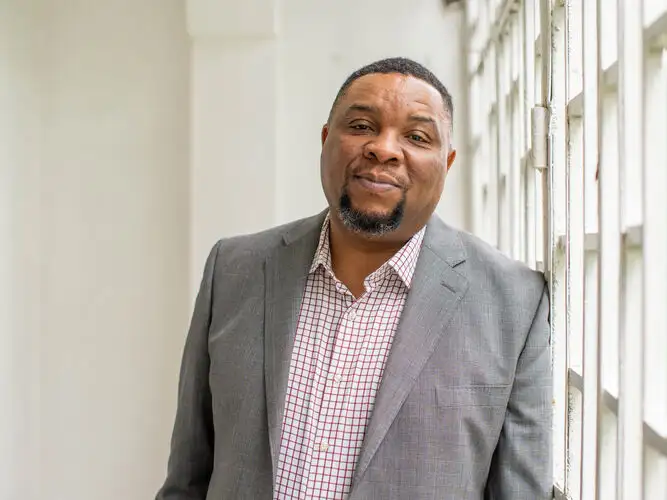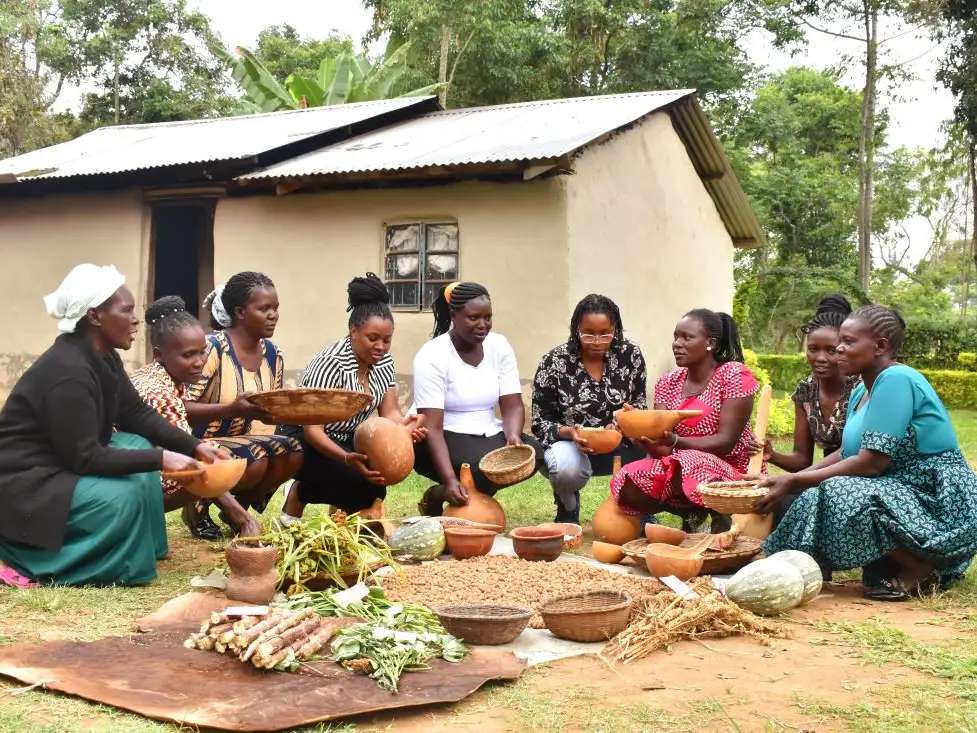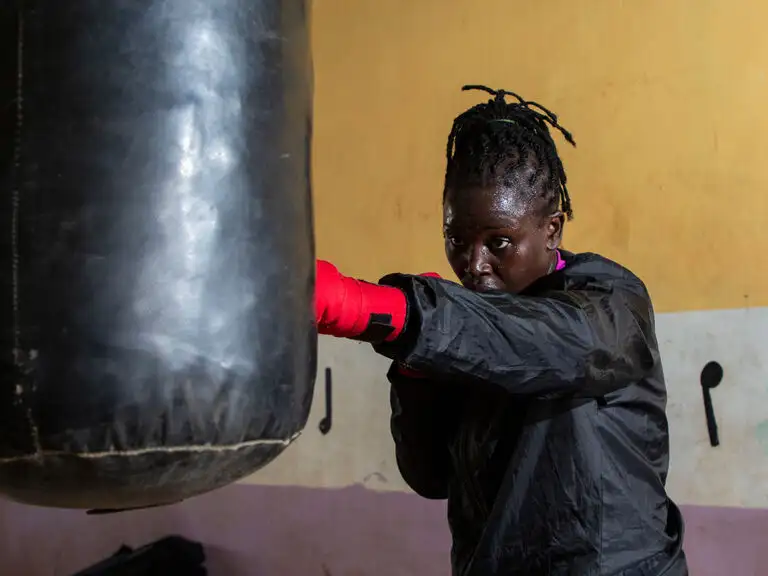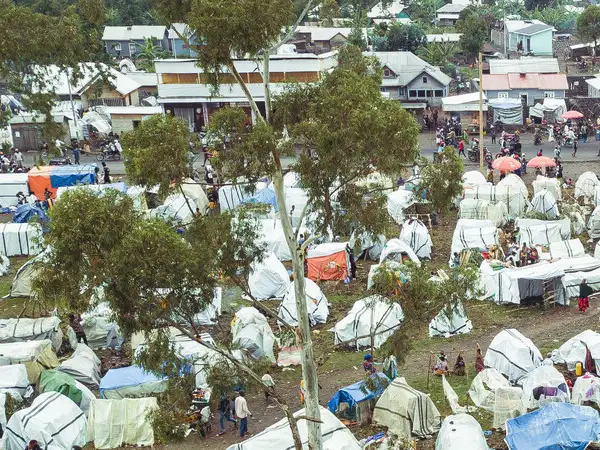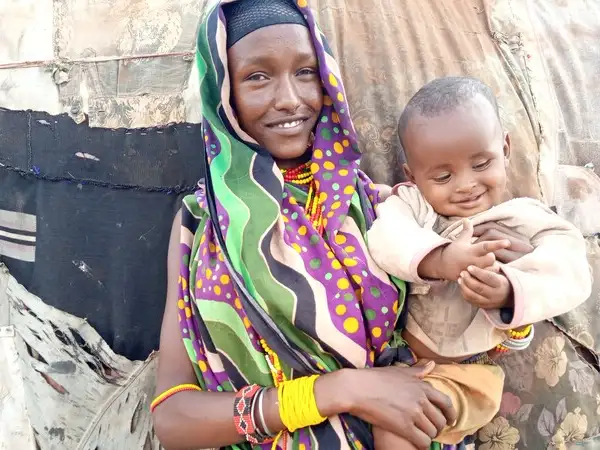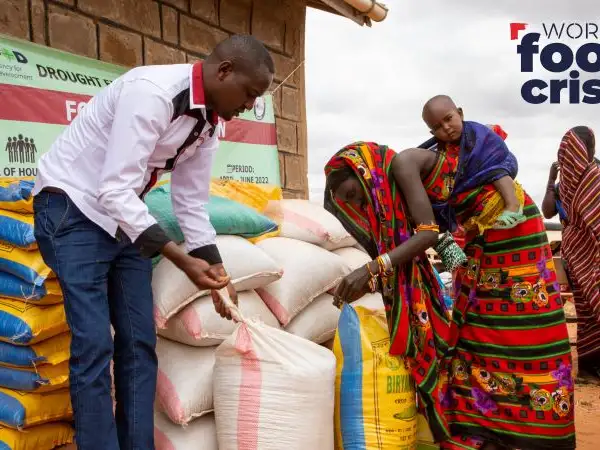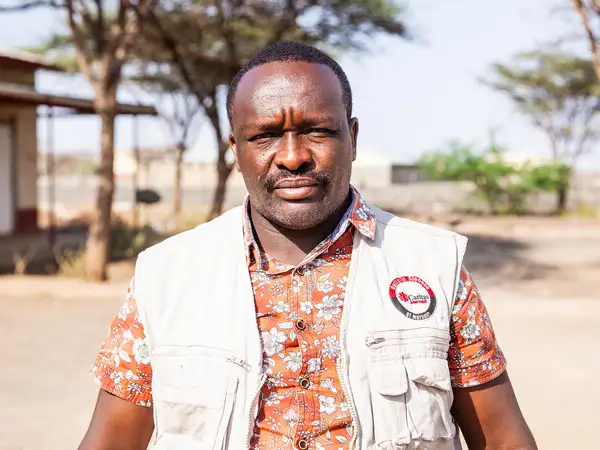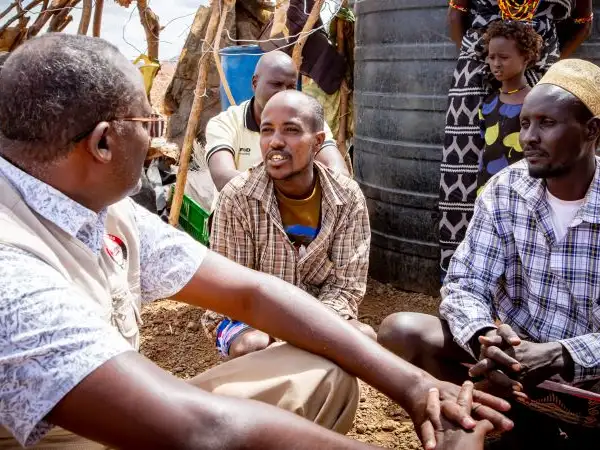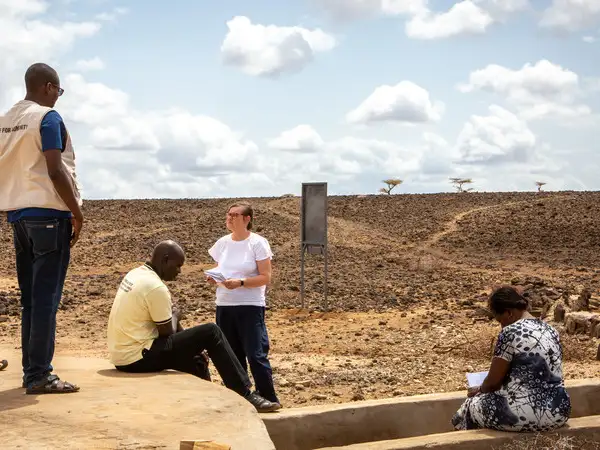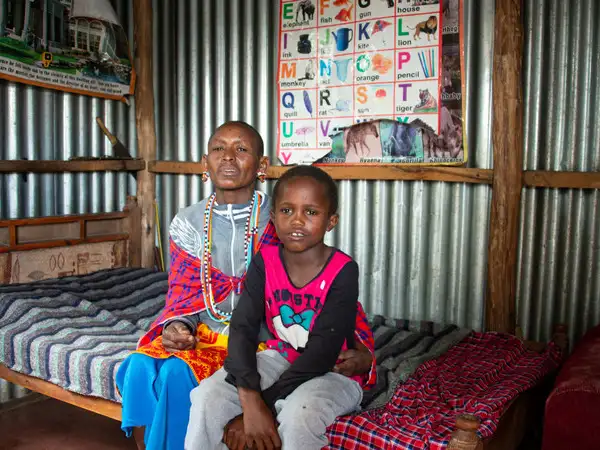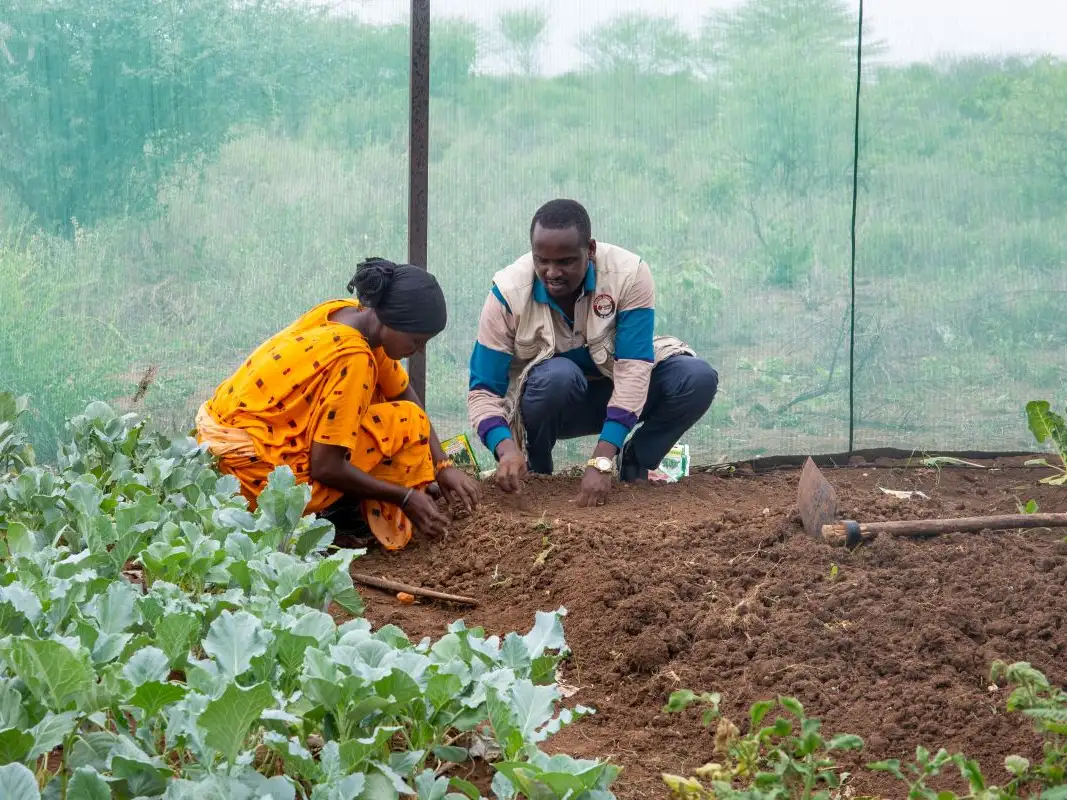

Growing young plants inside a shade net means they will be protected from the sun and pests until they are stronger
Kenya is facing an acute debt crisis. As of 2024, Kenya’s debt reached $82 billion. Creditors include China, the United States and Saudi Arabia, as well as the International Monetary Fund (IMF) and World Bank. More than half of government revenue goes towards debt repayments.
This massive debt – over 75 per cent of Kenya’s GDP – is seriously stifling growth and limiting Kenya’s ability to fund healthcare, education and protect vulnerable communities from the worst effects of the climate crisis.
Kenya is a largely agricultural country (the agricultural sector employs more than 70 per cent of Kenya’s rural population) but the climate crisis is making fertile land increasingly scarce. The prolonged drought conditions caused by the climate crisis are also increasing the risk of waterborne diseases as safe, clean water becomes more difficult to access.
A better world needs all of us. That’s why CAFOD has been working in Kenya since the 1980s to increase food security and improve access to water, to boost resilience in the face of climate shocks, and to tackle gender inequality.
Our impact in 2024
Last year, we reached 37,401 people in Kenya.
We supported 150 pastoralist women in Marsabit county to diversify their livelihoods in order to reduce their vulnerability to climate-induced shocks.
We reached over 16,870 people with emergency food packages and cash vouchers so families could make their own decisions about what to purchase.
We drilled two boreholes and fixed a third so even more people had access to safe, clean drinking water.
Why CAFOD works in Kenya
Communities in Kenya face an interconnected web of social and environmental challenges, including displacement, inequality, food insecurity, environmental degradation and loss of biodiversity – all made so much worse by the trap of debt.
Persistent drought in northern Kenya and several years of below-average harvests have resulted in food scarcity and an urgent need for humanitarian aid. Over 1.5 million cattle have perished because of the drought. Many basic services are unable to cope with the increasingly unpredictable climate – food insecurity increases by five to 20 per cent with each flood or drought in sub-Saharan Africa – and this has seen poverty levels rise with a high number of people unable to earn even just a dollar a day.
Approximately 1.7 million people (11 per cent of the population) are experiencing food insecurity and malnutrition, requiring urgent intervention. This situation is likely to deteriorate over the coming year due to an anticipated lack of rainfall leading to below-average harvests.
Displacement and forced migration, as well as resource-based conflicts, are increasing as people seek food, water and fertile land for farming and pasture. Kenya is one of the countries highlighted as a hotspot for climate crisis-induced migration. In the counties of Marsabit, Samburu, Isiolo and Turkana in Kenya, entire pastoralist communities are on the move in search of safety.
Inequality is widening as a direct result of the climate crisis. Rising temperatures are making pre-existing disparities worse for women and girls. Marginalisation effectively prevents women and girls from participating in public and private sector leadership.
How we’re responding
Together, we can build a better world. Donations from you can make sure that no one in Kenya has their life limited by injustice or poverty – that everyone has the support they need to flourish.
Our partners in Kenya are currently working on projects that are helping communities minimise the impacts of the climate crisis, encouraging environmental stewardship and regeneration, and empowering women and girls.
Current projects
We’ve supported people by setting up early warning systems to help lessen the impact of climate-related shocks like flash floods. We’ve constructed seed banks so farmers can have alternative foods to grow when harvests fail. We’ve fixed up water facilities for sustainable supplies of clean water during prolonged droughts.
We’re engaging pastoralist communities to combine indigenous knowledge with modern, sustainable land management techniques and farming practices including rangeland management. We are working with women – who are often responsible for gathering resources like water and firewood – to adopt energy-saving stoves to reduce deforestation and conserve the environment.
Our programmes emphasise the empowerment of women, girls and other excluded groups, with a focus on transforming discriminatory systems, structures and social norms.
We are encouraging the participation of women in decision-making spaces (like village savings and loans groups) and recognising that women play a central role in ensuring food security, water supply and the wellbeing of children and the elderly. By empowering women economically, we are strengthening the ability to withstand and recover from shocks such as sudden economic downturns or environmental disasters.
News from Kenya
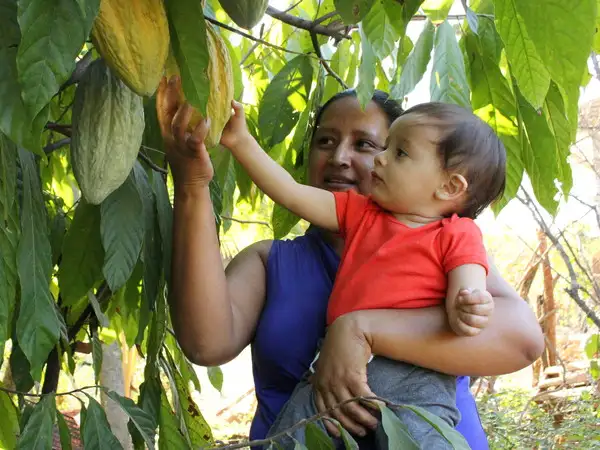
What we do
CAFOD is the official aid agency for the Catholic Church in England and Wales.
With your help, we reach out to people living in hard-to-reach places, in war zones and those who are discriminated against.


